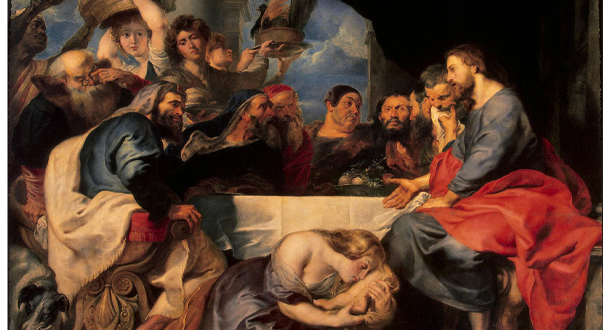
Scripture:
Reflection:
I miss Pope Francis. No other world leader has ever connected with me as he did. Perhaps it was his human touch or that he instinctively knew how fragile we humans are and that we need compassion more than rules.
He taught me to think differently about my faith and thinking differently led to living differently. Because of him I want to believe I am more compassionate, less fearful of people’s differences, and more bold in living what I claim to hold dear.
Today’s Gospel selection reminds me of how Christ-like Francis was. The religious establishment of Jesus’ time had expectations, norms, that every good Jew was to accept as part of daily living.
As a boy in rural Indiana, I remember hiking through a wheat field in June, just before harvest, to crush a few hardened heads of grain, see how unmilled grain tasted. I didn’t care for it. A Hostess Cupcake, made of the same grain, was more to my liking.
To pluck grain on the Sabbath in Jesus time was a no-no, regardless of how hungry or curious one was. When the establishment powers questioned Jesus’ disciples’ simple act of popping a few grains into their waiting mouths, Jesus noted the leaders’ failure to see what was important in God’s eyes.
From God’s perspective, basic human needs are primary. Francis understood this and preached it.
Compassion.
Food.
Shelter.
Clothing.
Everyone needs these to live because God wants his Temples of the Holy Spirit, us, to not just stay alive but to thrive!
The challenge for comfortable middle-class faith communities today is to think like Jesus, not like the culture around us. To follow social norms to the letter, to be accepted in the eyes of others, to submit to the status quo, can miss the point of Christian life.
The prophetic life Jesus invites us to is a life of uncertainty, a life of surprises, because we see the world through Jesus’ eyes.
He wants us to take more risks, to be honest about the what is evil in our midst, to model how God wants humans to live.
Our world is fragile, causing many to react strongly to shore it up, to use whatever means . . . violent or otherwise . . . to keep things stable, to protect our “American Way of Life.” This is not the way of Christ.
What would happen in your comfortable parish if you suggested inviting the unhoused, the hungry, the lonely, the outcasts to share your pristine facilities, to let poor children use your polished gym floor, to regularly serve banquets in your parish hall for people living on the streets, or to open parishioners’ homes to refugees and immigrants, as Pope Francis suggested?
Jesus called for radical love, not radical adherence to rules. Rules can be helpful guidelines, but more helpful for daily prophetic living are the Corporal Works of Mercy. Curiously, in Matthew 25, Jesus tells us these works of mercy, these “rules,” are the only ones that count when we meet our Maker face to face.
Jim Wayne is a member of the Passionist’s parish of St Agnes in Louisville, Kentucky. He served in the Kentucky House of Representatives for 28 years, is the author of the award-winning novel, The Unfinished Man, and chairs the Sister Thea Bowman Society for Racial Solidarity at St Agnes. He also serves on the Passionists Earth and Spirit Center Board in Louisville.







